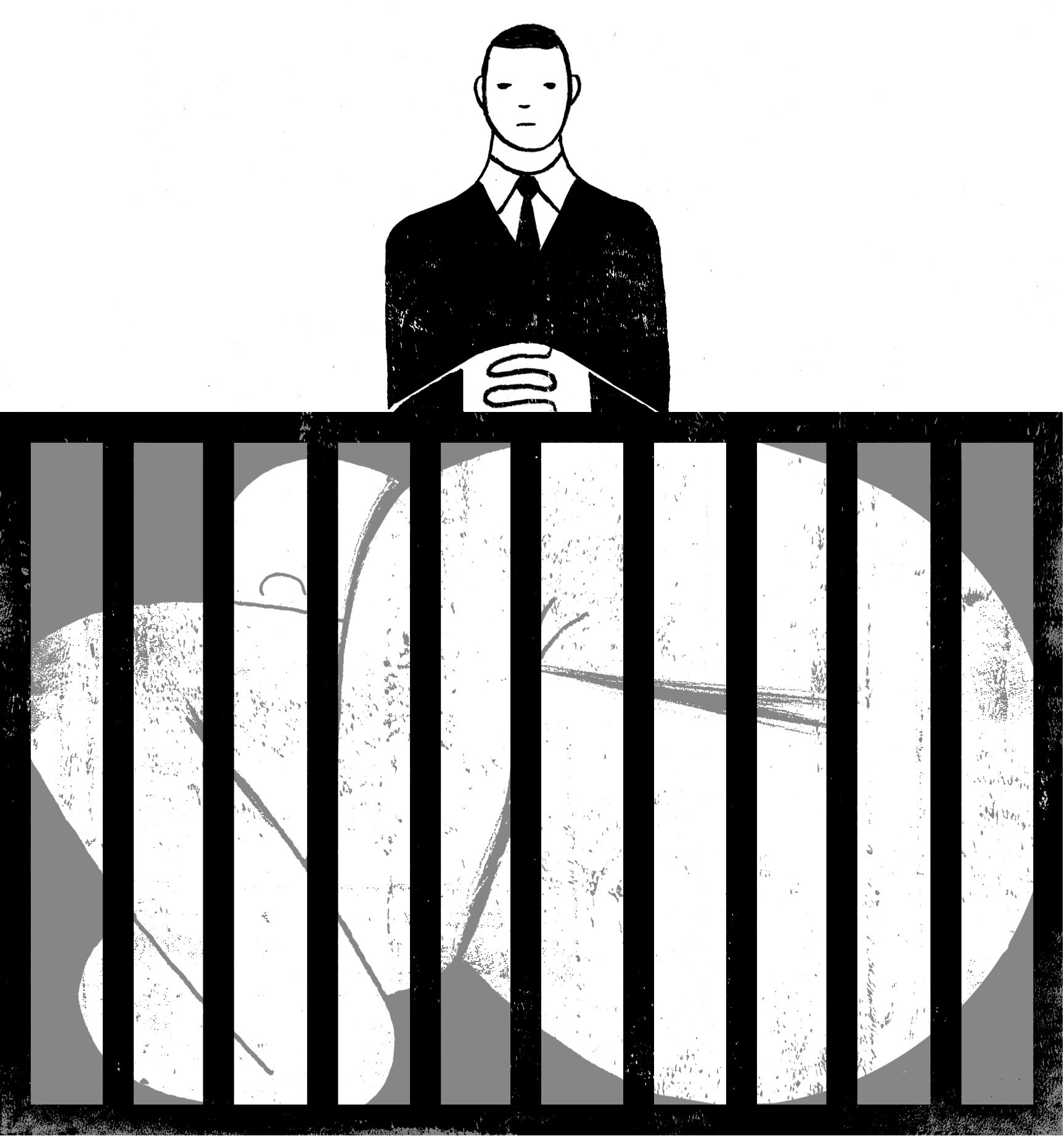Among the recent WikiLeak document dumps is an email from Clinton campaign chair John Podesta to White House Counsel Neil Eggleston, urging a presidential pardon for Governor Don Siegelman—a former Democratic governor of Alabama now closing in on the end of a 78-month sentence for bribery, conspiracy, fraud, and obstruction of justice charges.
In the email, Podesta quotes an acquaintance who urged him to get Siegelman’s case file to President Obama: “The grotesque railroading of a Progressive and good man who [Karl] Rove could not legitimately defeat at the polls is clearly a scandalous black mark in the history of American justice.”
Before his conviction, Siegelman was a political force in Alabama, where he had been elected secretary of state, attorney general, lieutenant governor, and governor, for a combined tenure of 26 years.
As we reported in November 2007, and as CBS’s “60 Minutes” reported in February 2008, Rove was behind the investigation and prosecution of Siegelman. What follows is drawn from a series of Washington Spectator stories describing the cast of politicians who put Don Siegelman in a federal penitentiary.
In 2002, Bill Canary was a political consultant in Alabama and a friend of Rove; at the time of the Siegelman prosecution, the two men had worked together for 10 years.
President Obama could belatedly right a grievous wrong by pardoning him and ordering his release.
At a House Judiciary Committee hearing in 2007, an Alabama lawyer who had worked with Canary testified that during the 2002 campaign of gubernatorial candidate Bob Riley, who defeated Siegelman that year, she had discussed the investigation with Riley’s son Rob. According to the hearing transcript, during a campaign conference call Rob Riley said Rove had reached out to the Justice Department and the DOJ was pursuing Siegelman.
In that conference call, Rob Riley was reported to have asked if “Bill Canary’s girls” could “take care of” the Democratic governor. The “girls” were Canary’s wife, Leura, and Alice Martin, two U.S. Attorneys George W. Bush had appointed in Alabama.
The federal district judge who tried the case, Mark Fuller, harbored a deep dislike for Siegelman, whom he held responsible for initiating an investigation of him prior to his appointment to the federal bench. The investigation revealed that as a district attorney, Fuller had increased the annual salary of an employee from $80,000 to $152,004. The employee was retiring, but the salary hike would have cost the State of Alabama Employee Retirement System an estimated $330,000 in lifetime benefits, were Fuller not caught and ordered to rescind the pay raise. Fuller also owned a controlling interest in a company that had been awarded lucrative federal contracts, including contracts from the Justice Department. Sufficient reasons for Fuller to have recused himself, which he refused to do.
In 2014 Fuller was arrested at the Ritz-Carlton hotel in Atlanta, for beating his wife, who had called 911. He subsequently lied to investigators about the incident and resigned under threats of impeachment.
Lawyer/writer Scott Horton, who has written extensively about the Siegelman prosecution, made the case for a presidential pardon in these pages in March 2016.
As the editors of The New York Times observed, “until recently President Obama was the least merciful president of modern times….” With less than a year left in office, it’s time Obama became bolder with his powers.
One case among the thousands now before Obama cries out for consideration. That is the 2006 conviction of Alabama Governor Don E. Siegelman on corruption charges stemming from his acceptance of a $500,000 donation as he sought to pass a state lottery to fund public education. The donation was made by a health care executive, whom Siegelman reappointed to an uncompensated state hospital oversight board. As more than 100 of the nation’s current and former attorneys general have pointed out, this prosecution was extraordinary. If such conduct is corrupt, then there is hardly a senior political figure in the country who could escape prison—including Presidents George W. Bush and Barack Obama, who both gave dozens of diplomatic and other government appointments to individuals who contributed or aggregated six- or seven-figure sums to their own campaigns.
Siegelman was convicted of accepting a donation that funded a statewide campaign to pass a constitutional amendment that would have created a lottery to fund need-based college scholarships and pre-kindergarten programs. It was never alleged that the governor pocketed a single cent of the $500,000. After the donor made the contribution, as Horton noted, he was appointed to the position of chairman on a board on which he was already serving—the quid pro quo for which Don Siegelman is now serving time.
Siegelman will be released from prison upon completing his sentence in August 2017, his conviction and incarceration an indictment of the federal system of criminal justice. President Obama could belatedly right a grievous wrong by pardoning him and ordering his release, any time between today and January 20.







0 Comments